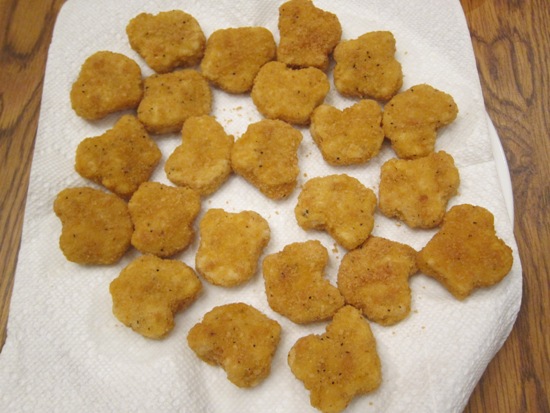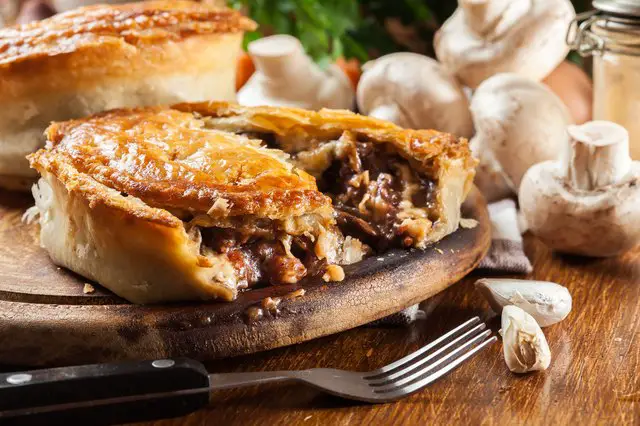Tenderizing meat is an important process in cooking as it helps to break down the tough fibers and connective tissues in meat, making it softer and easier to chew. Baking soda is a common household ingredient that has been touted as an effective meat tenderizer. This article seeks to explore whether using baking soda as a meat tenderizer is safe.
What is baking soda?
Baking soda, also known as sodium bicarbonate, is a white crystalline powder with a slightly alkaline taste. It is commonly used in cooking, cleaning, and personal hygiene products due to its ability to neutralize acid and act as a mild abrasive.
How does baking soda work as a meat tenderizer?
Baking soda works as a meat tenderizer by increasing the pH level of the meat’s surface, making it more alkaline or basic. The alkalinity of the baking soda causes the protein molecules in the meat to break down and become softer, leading to a more tender texture.
Additionally, baking soda activates enzymes called cathepsins found in many meats. These enzymes help to further break down proteins, which makes the meat even more tender.
Risks associated with using baking soda on meat
While there are potential benefits to using baking soda as a meat tenderizer, there are also several risks associated with its use.
Excessive Sodium Intake
Baking soda contains high levels of sodium (about 1250 mg per teaspoon). Therefore, if excessive amounts of baking soda are added during the cooking process, it may lead to an unhealthy increase in sodium levels in the diet.
Risk of Contamination
Using too much baking soda could increase your risk for bacterial contamination when you consume undercooked or raw poultry meats like chicken or turkey. These meats contain bacteria such as Salmonella that can cause food poisoning if not thoroughly cooked
Changes in Flavor, Texture, and Appearance
Using too much baking soda on meat can change the flavor, texture, and appearance of the final dish. The meat may become mushy or take on an unpleasant aftertaste.
Aside from these potential risks, baking soda should not be used to tenderize certain meats like fish or seafood as it might ruin the delicate flavor of such meats.
Safe ways to use baking soda for meat tenderizing
Using baking soda responsibly by following proper procedures is not only safe but yields excellent results in tenderizing meat.
Recommended dosages when using baking soda for tenderizing
The Food and Drug Administration (FDA) recommends that consumers use no more than 1/2 teaspoon per pound of meat when using baking soda as a meat tenderizer.
Precautions when handling and applying baking soda
Baking soda is a mildly abrasive compound. So before applying anything to your raw meet it’s important you first clean it very well with water to remove dirt. Only apply enough baking Soda according to its recommended dosage so that you do not risk over-alkalizing the surface of the meat.
After applying the prescribed amount of Baking Soda according to its recipe or guidelines then rub it evenly across all parts of the cutlet. Apply additional fat like vegetable oil or butter to help cling the baking powder onto large surfaces if needed.
Best practices for rinsing the Meat exposure after applying Baking Soda
After allowing approximately 30 minutes of resting time for marinating with Baking Soda, Rinse your raw meet under running water thoroughly. Ensure that there’s no residue left on your Meet after rinsing off.
Wipe dry with a clean towel and proceed with your cooking method leading up until desired doneness.
Alternatives to Baking Soda for Meat Tenderizing
While baking soda can work effectively as a meat tenderizer, other natural alternatives like fruits e.g pineapples, papaya, or citrus juices are equally effective and safer.
Papaya contains a natural enzyme called papain, which breaks down protein fibers and tenderizes meat.
Citruses like Lemon, Orange or Lime contain enzymes that actively denature the connective tissues in fibrous meats making them softer and less chewy. This can be packaged in an appropriate marinade recipe or rubbed directly on to your cut with a bit of oil.
Pineapple contains bromelain, a mixture of enzymes that helps to break down the protein molecules, leading to tender and juicy meat.
Conclusion
In conclusion, while baking soda is an effective meat tenderizer, it must be used with caution. The risks associated with excessive sodium intake when cooking with baking soda mean users must observe prescribed safe dosages according to FDA recommendations, or risk unwanted outcomes on the taste and texture of their final product. Safer alternatives such as fruits should also be considered where necessary. Use only as intended and follow proper storage methods after using Baking Soda for your safety.
Q&A
- Q: Does baking soda alter the taste of meat when used as a tenderizer? A: While adding baking soda to meat can make it more tender, it may also affect the taste. It is important to use baking soda in small amounts and not to let it sit on the meat for too long.
- Q: Is there any risk of food poisoning when using baking soda as a meat tenderizer? A: As long as the appropriate amount of baking soda is used, there should be no risk of food poisoning. However, it is crucial to properly cook the meat before consuming it.
- Q: Can baking powder or other similar products be used instead of baking soda for tenderizing meat? A: Baking powder cannot replace baking soda in terms of tenderizing meat since they have different chemical components. Other alternatives include papaya or pineapple enzymes and vinegar-based marinades.
- Q: What precautions should be taken while using baking soda for tenderizing meat? A: To avoid over-tenderizing or altering the taste of the meat, sprinkle only a small amount of baking soda on it and allow it to sit for no more than 15 minutes before rinsing thoroughly with cold water. Also, keep in mind that this method should not be used on delicate meats such as fish or seafood.





